Parenting styles have evolved drastically over the decades, and what was once commonplace in the 1950s and ’60s might raise eyebrows today. Many practices from that era would be considered unsafe, inappropriate, or just downright strange. These are the 19 things parents did back then that you wouldn’t get away with today.
Letting Kids Ride in the Front Seat Without Seatbelts
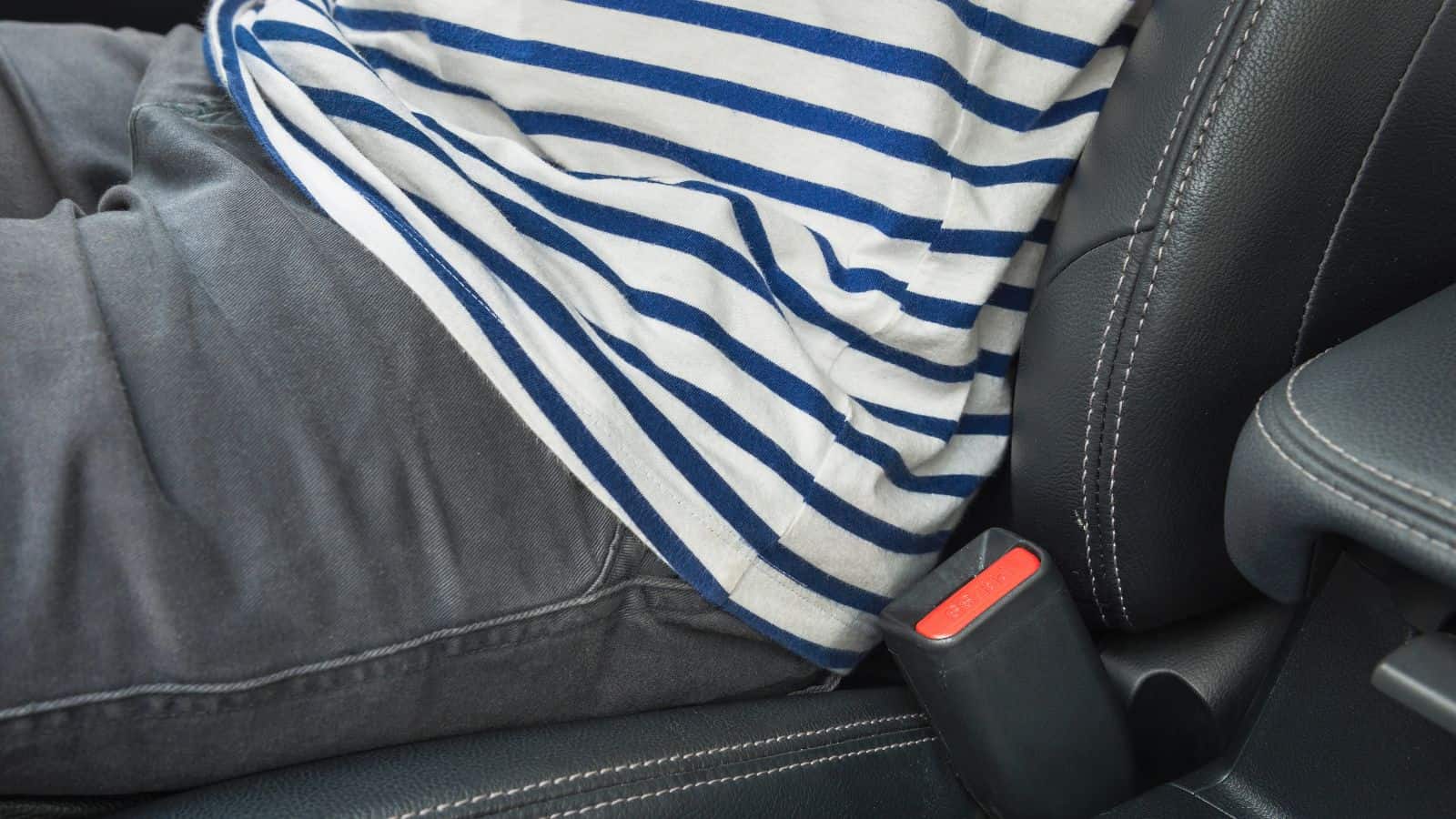
Back in the day, seatbelt laws were almost non-existent, and many cars didn’t even have seatbelts in the front seats. According to GOV UK, “manufacturers have had to install seatbelts since 1965 but the law requiring drivers to wear them did not come in to force for another 18 years.” It was common to see little ones bouncing around the front seat, but this practice is now considered extremely dangerous.
Smoking Around Children
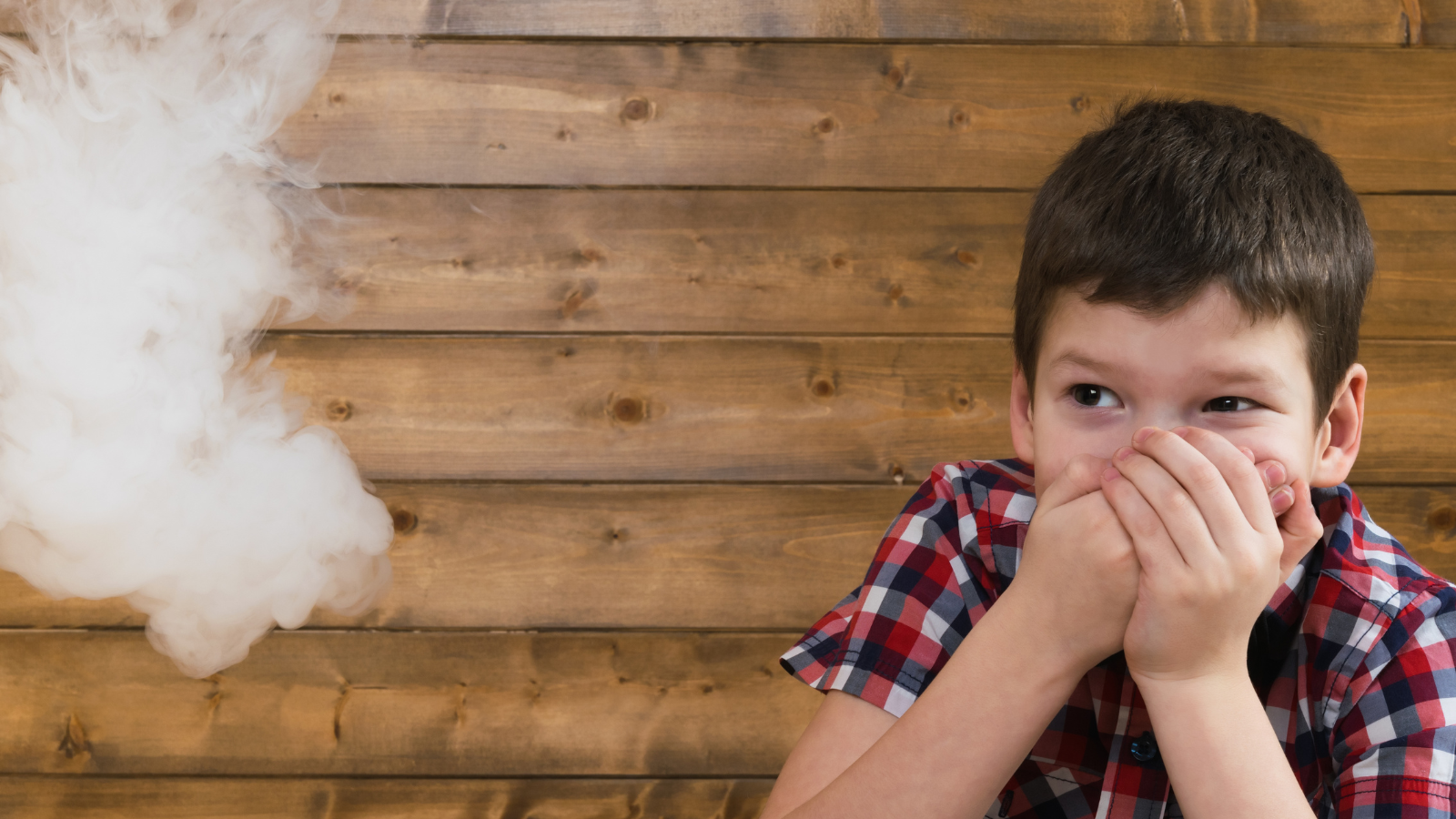
The ’50s and ’60s were the golden age of smoking, and it was glamorised in movies, TV shows, and advertisements. Parents smoked everywhere, including in the home and car, with little thought to the impact on their children’s health, but nowadays, we know that second-hand smoke is incredibly harmful—especially to young lungs.
Letting Kids Roam Free
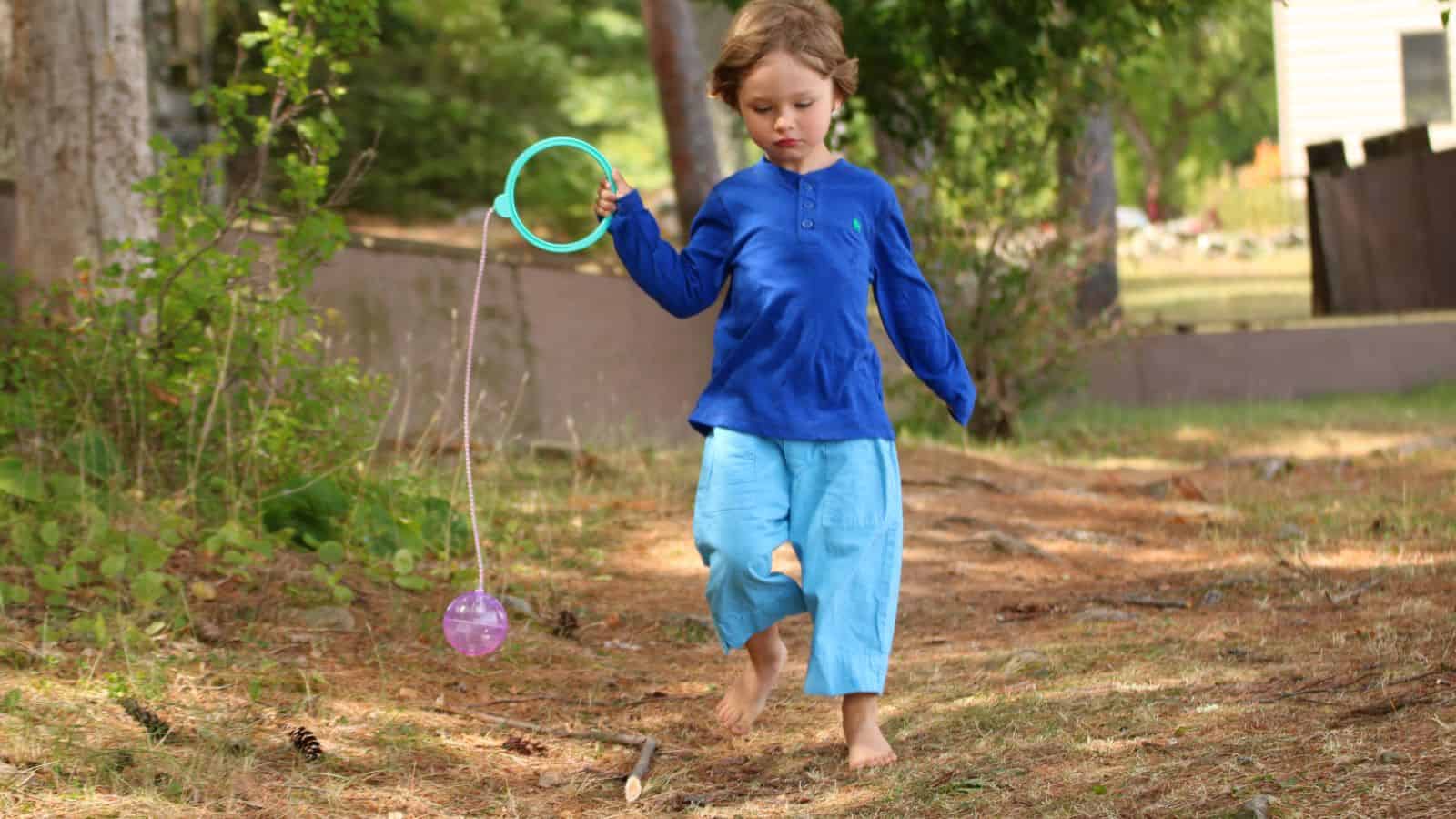
Parents often gave their children a lot of freedom to explore, and kids would leave the house in the morning and not come back until dinner, with no check-ins or supervision. While this meant more independence, it also posed safety risks, while today, parents are more cautious and tend to keep a closer eye on their children.
Using Corporal Punishment

Spanking and other forms of corporal punishment were widely accepted methods of disciplining children, and it was believed to be an effective way to teach right from wrong. However, modern psychology and parenting experts argue that such methods can have long-term negative effects on a child’s emotional and mental well-being.
Feeding Babies Solid Food Too Early
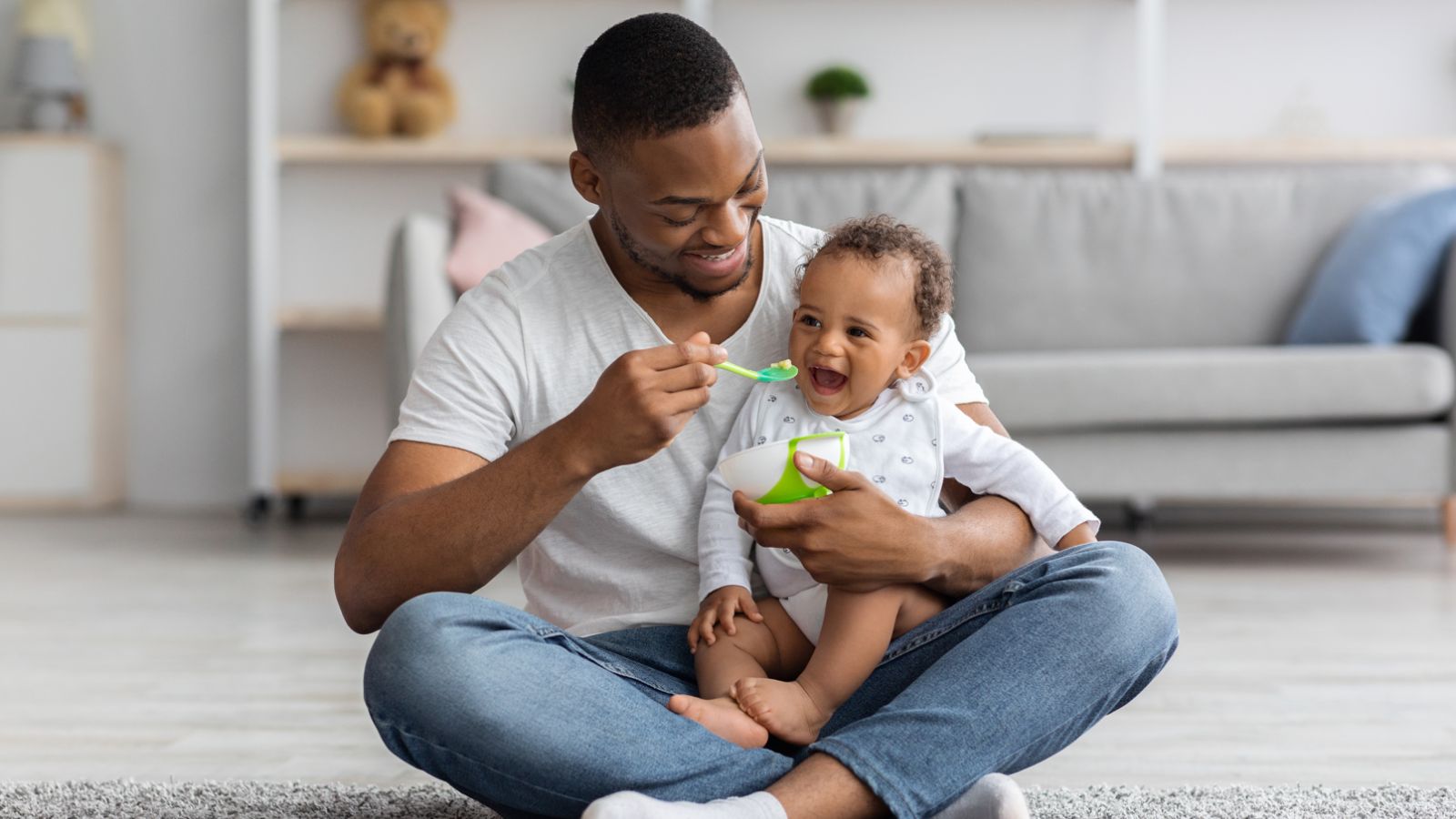
In the ’50s and ’60s, it wasn’t uncommon for parents to start feeding their babies solid food as early as three months old, and this practice was based on outdated nutritional advice. Now, we know that introducing solids too early can lead to digestive issues and food allergies.
Using Lead-Based Paint

Lead-based paint was widely used in homes during the mid-20th century, and many parents painted nurseries and children’s toys with it, unaware of the dangers. Lead poisoning can cause serious health problems, especially in young children, which is why lead-based paints are now banned.
Ignoring Car Seat Safety
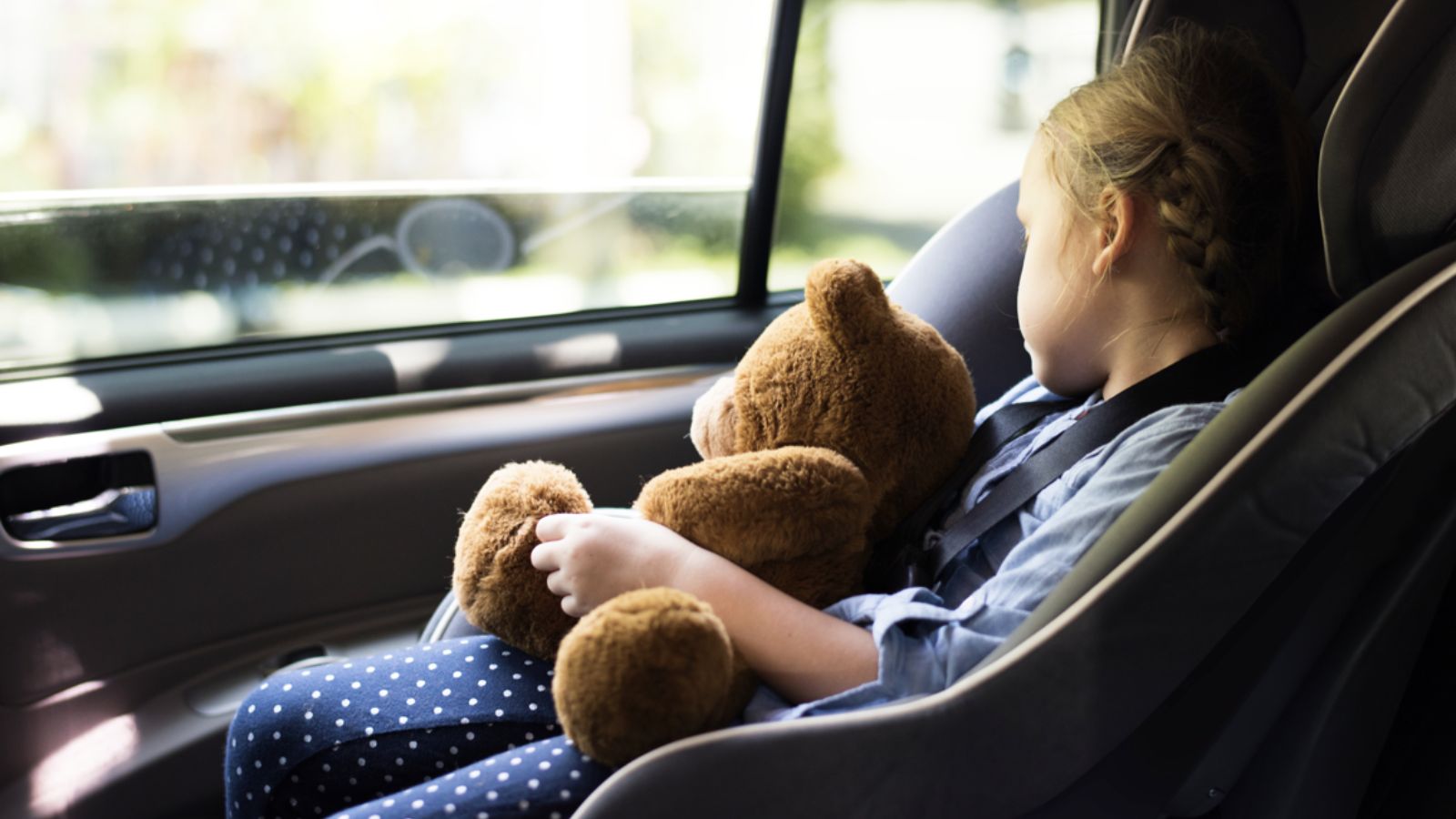
If parents did use car seats in the ’50s and ’60s, they were often rudimentary and lacked proper safety standards. Some were merely fabric seats that hooked over the car seat, providing no real protection. Modern car seats are rigorously tested and designed to provide maximum safety, and laws require their use for young children to ensure their safety on the road.
Giving Babies Bottles in Bed
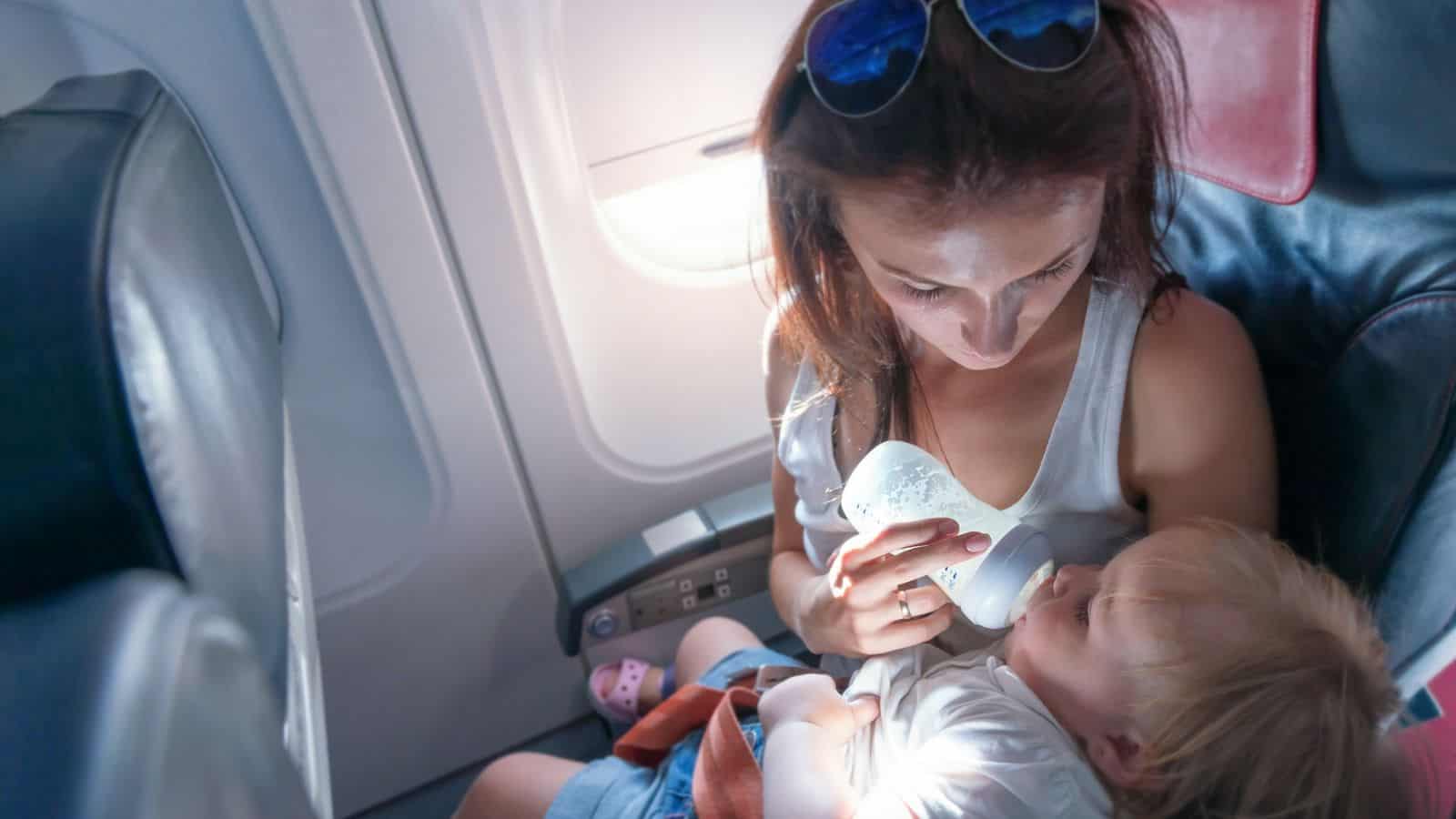
It was a common practice to put babies to bed with a bottle to help them fall asleep, but this can lead to tooth decay and other oral health issues, as well as choking hazards. Today, parents are advised to avoid putting babies to bed with a bottle and to establish healthier sleep and feeding routines.
Letting Kids Ride Bikes Without Helmets
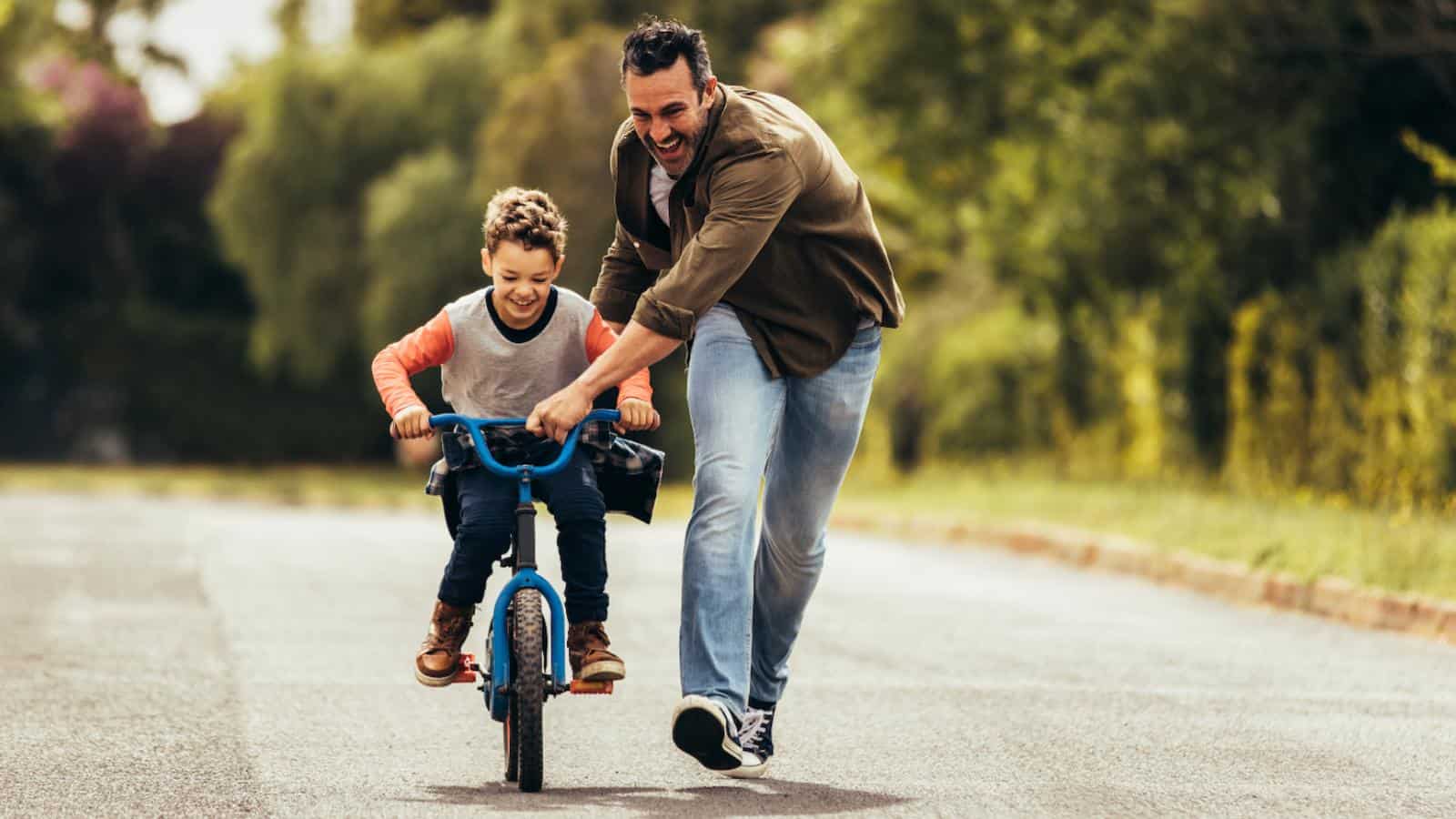
Riding bikes without helmets was the norm, and few parents worried about the potential dangers, but head injuries can have severe consequences. Modern parents ensure their children wear helmets whenever they ride bikes, scooters, or skateboards to protect them from accidents.
Using Harsh Cleaning Chemicals Around Kids
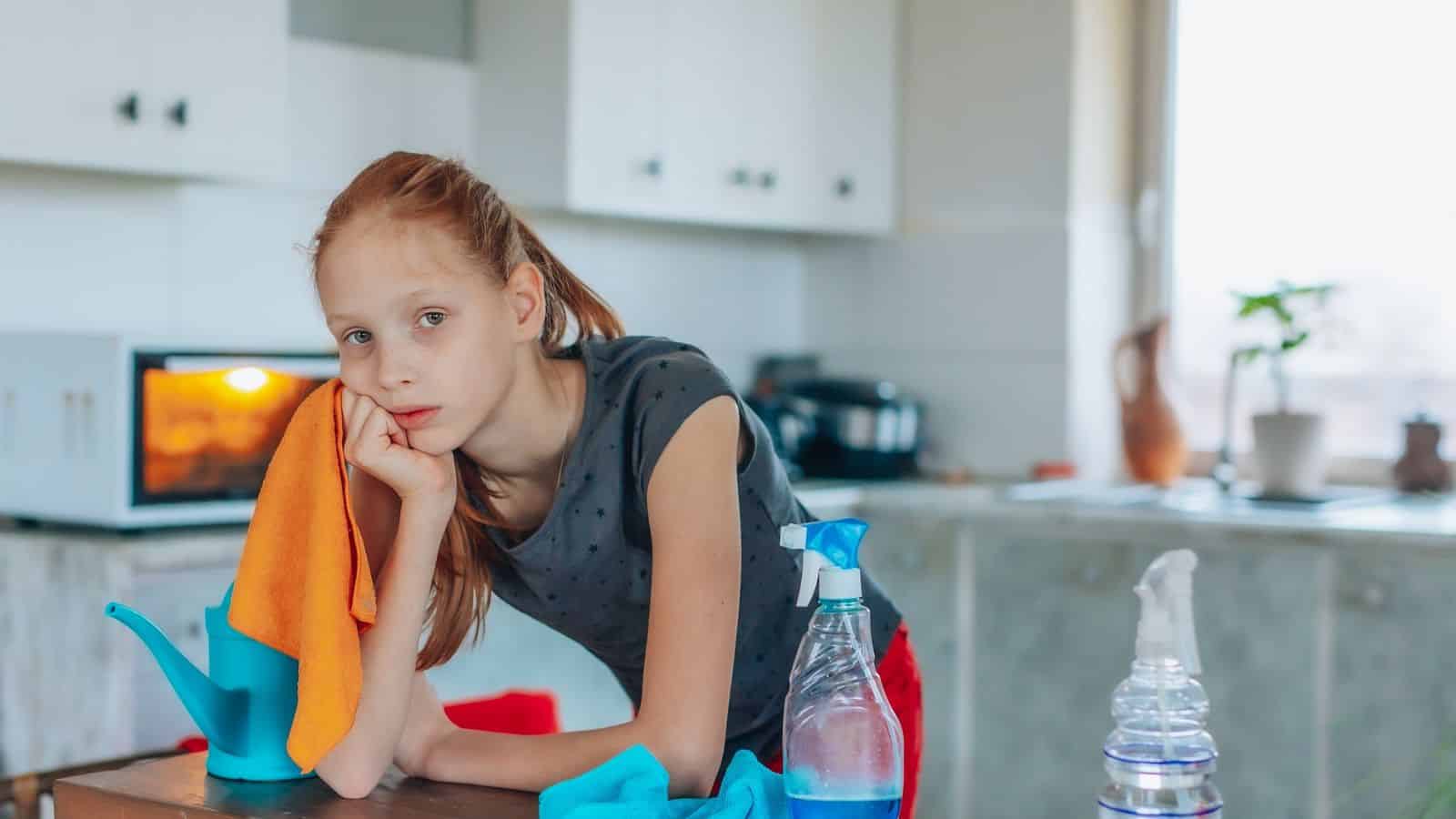
In the mid-20th century, powerful chemical cleaners were often used in homes, even around children, as parents weren’t aware of the potential health hazards these chemicals posed. Today, many parents opt for eco-friendly and non-toxic cleaning products to ensure a safer environment for their families.
Leaving Kids in the Car
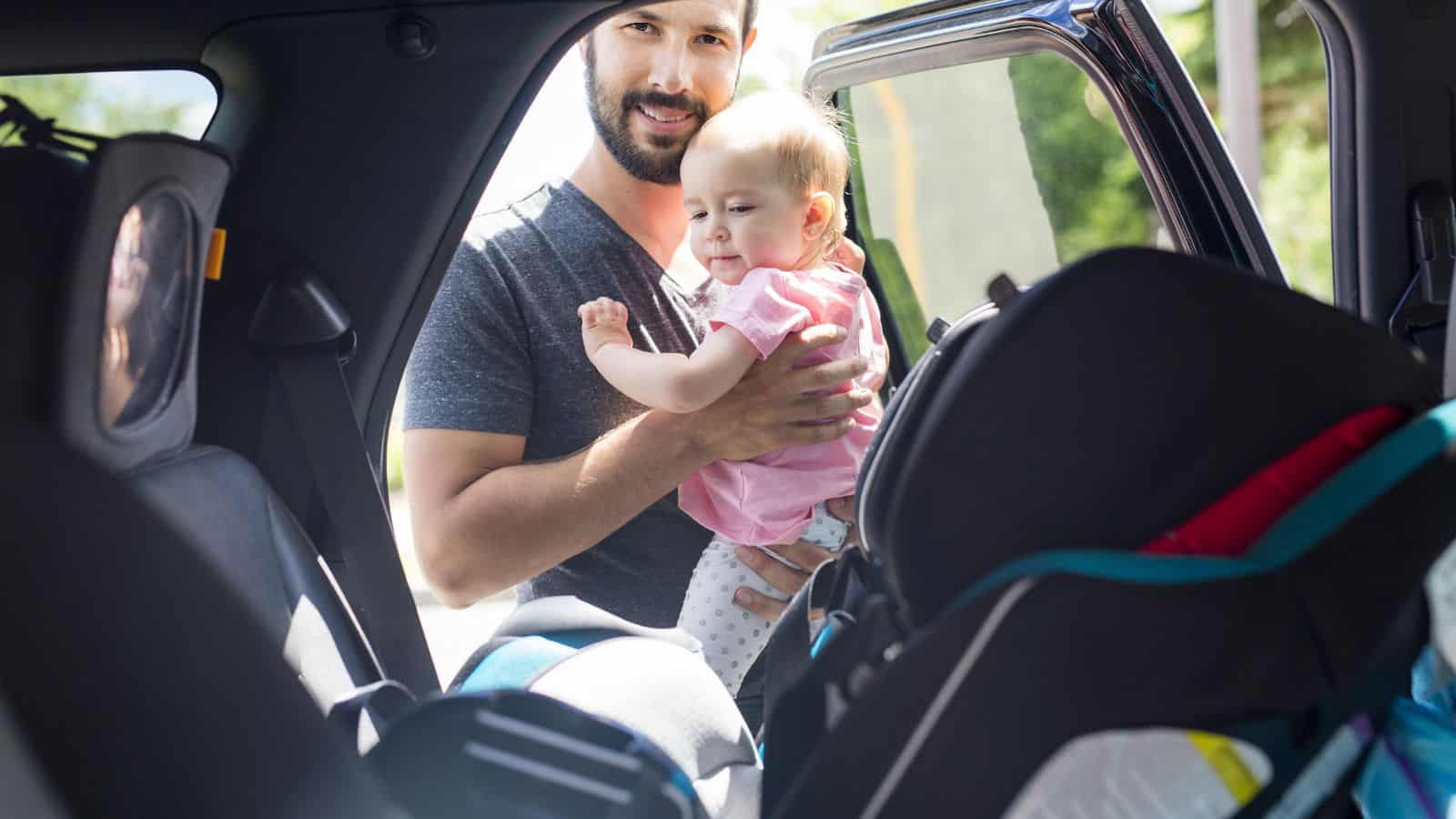
Parents would often leave their kids in the car while they ran errands, sometimes for extended periods, but this practice is now considered highly unsafe due to the risk of car theft, heatstroke, and other dangers. Modern parents understand the importance of never leaving children unattended in a vehicle.
Allowing Unsupervised Playdates
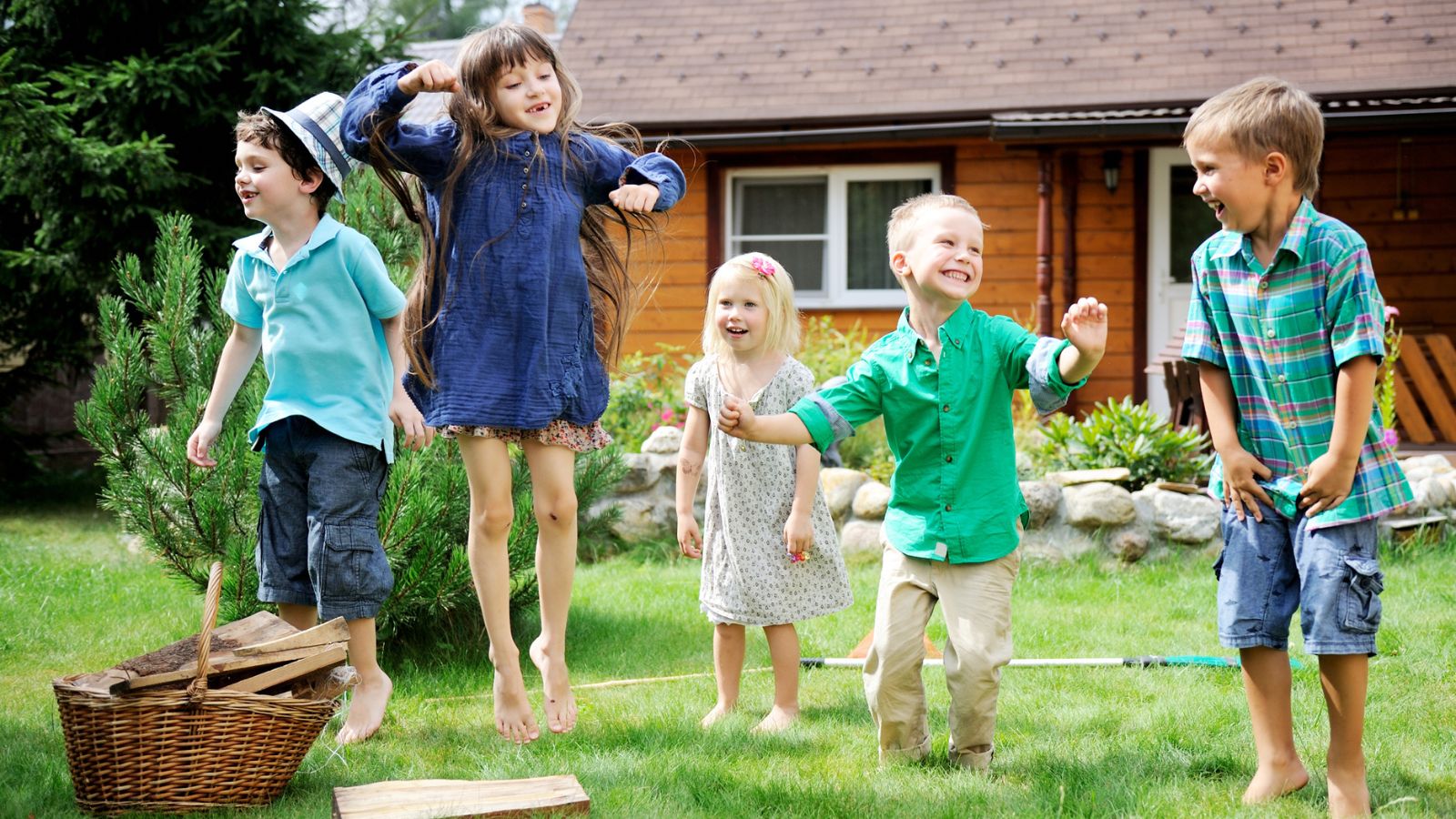
In the ’50s and ’60s, it was common for kids to have playdates without much adult supervision, because parents trusted that everything would be fine. Today, parents are more likely to supervise or at least check in regularly during playdates to ensure their children’s safety and well-being.
Using Sugar as a Treat or Reward
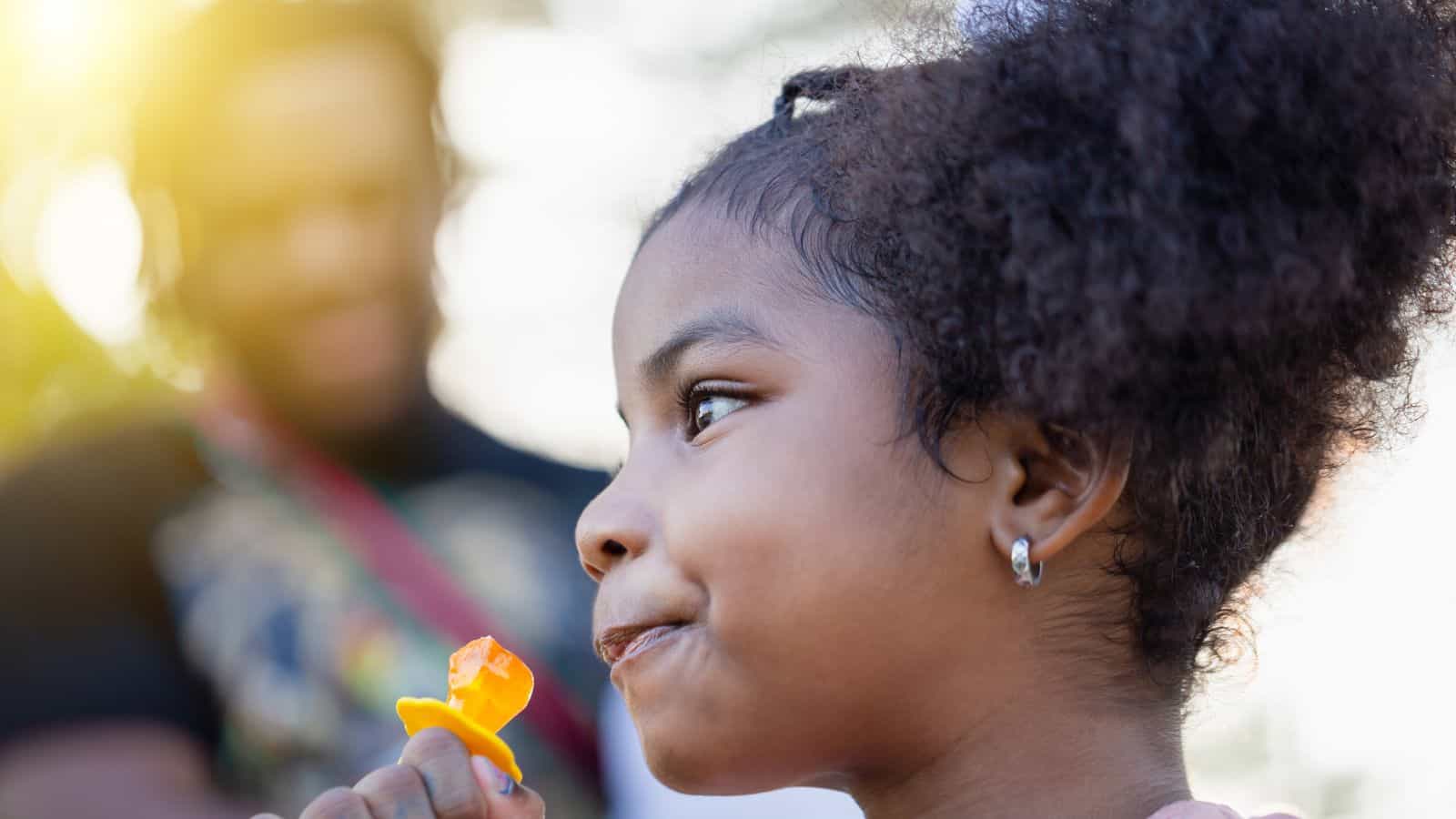
Sugary treats were often used as rewards for good behaviour or accomplishments; while a little treat now and then isn’t harmful, the excessive use of sugar has been linked to health issues like obesity and tooth decay, and today’s parents are more aware of the importance of a balanced diet.
Ignoring Food Allergies
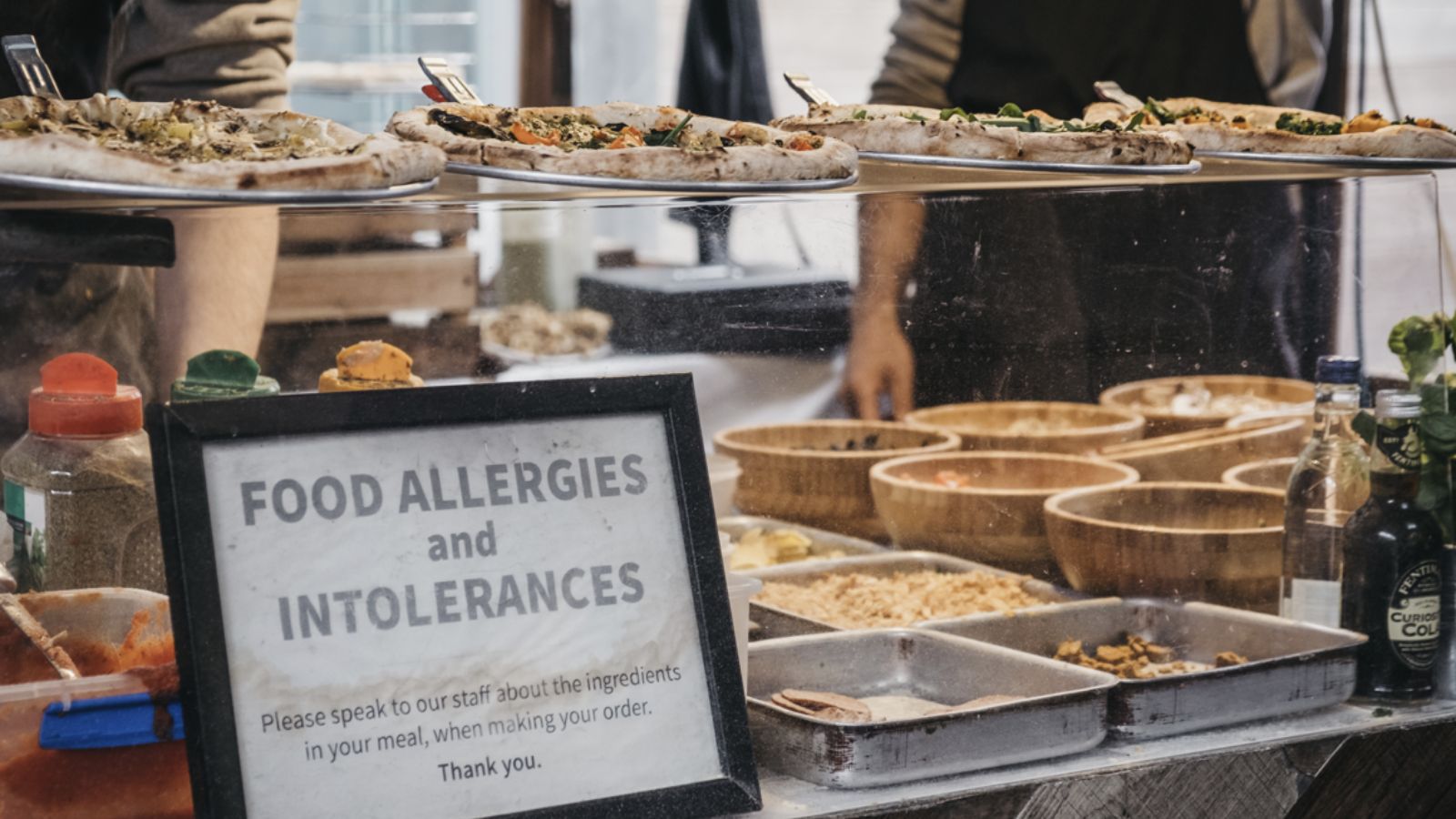
In the past, food allergies were not well understood, and parents often didn’t take them seriously. Today, with a greater understanding of the potentially life-threatening nature of allergies, parents are vigilant about identifying and managing their children’s food allergies, ensuring they avoid harmful foods.
Drinking Alcohol While Pregnant

It wasn’t uncommon for pregnant women in the ’50s and ’60s to drink alcohol, as the risks were not widely known, but now we know that alcohol consumption during pregnancy can lead to serious birth defects and developmental issues. Modern guidelines strongly advise against any alcohol consumption during pregnancy.
Giving Babies Aspirin
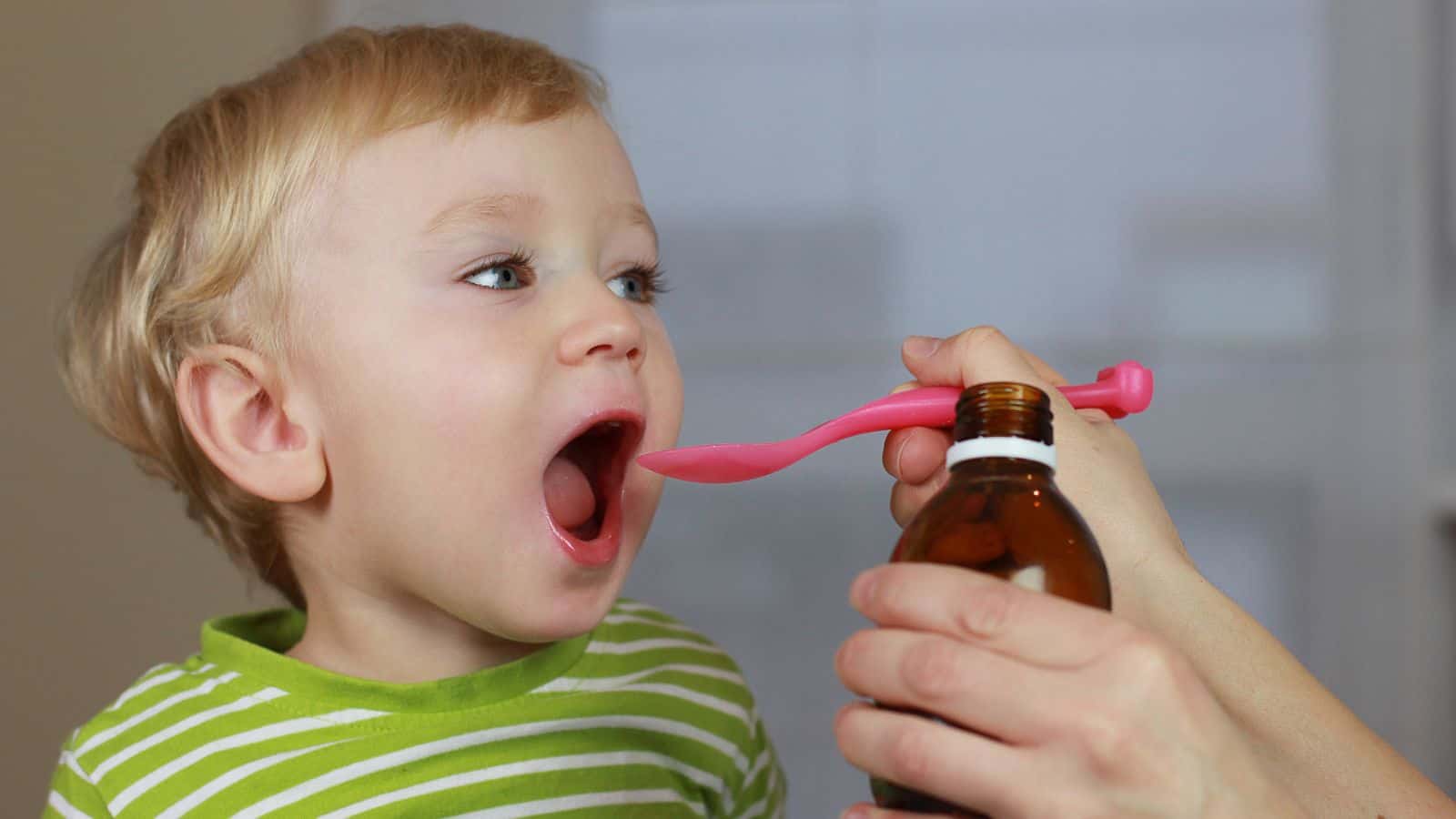
Aspirin was often given to babies and young children to treat fevers and pain. However, we now know that aspirin can cause Reye’s syndrome, a rare but serious illness, and these days, parents are advised to use safer alternatives like paracetamol for treating their children’s fevers and discomfort.
Letting Babies Sleep on Their Stomachs
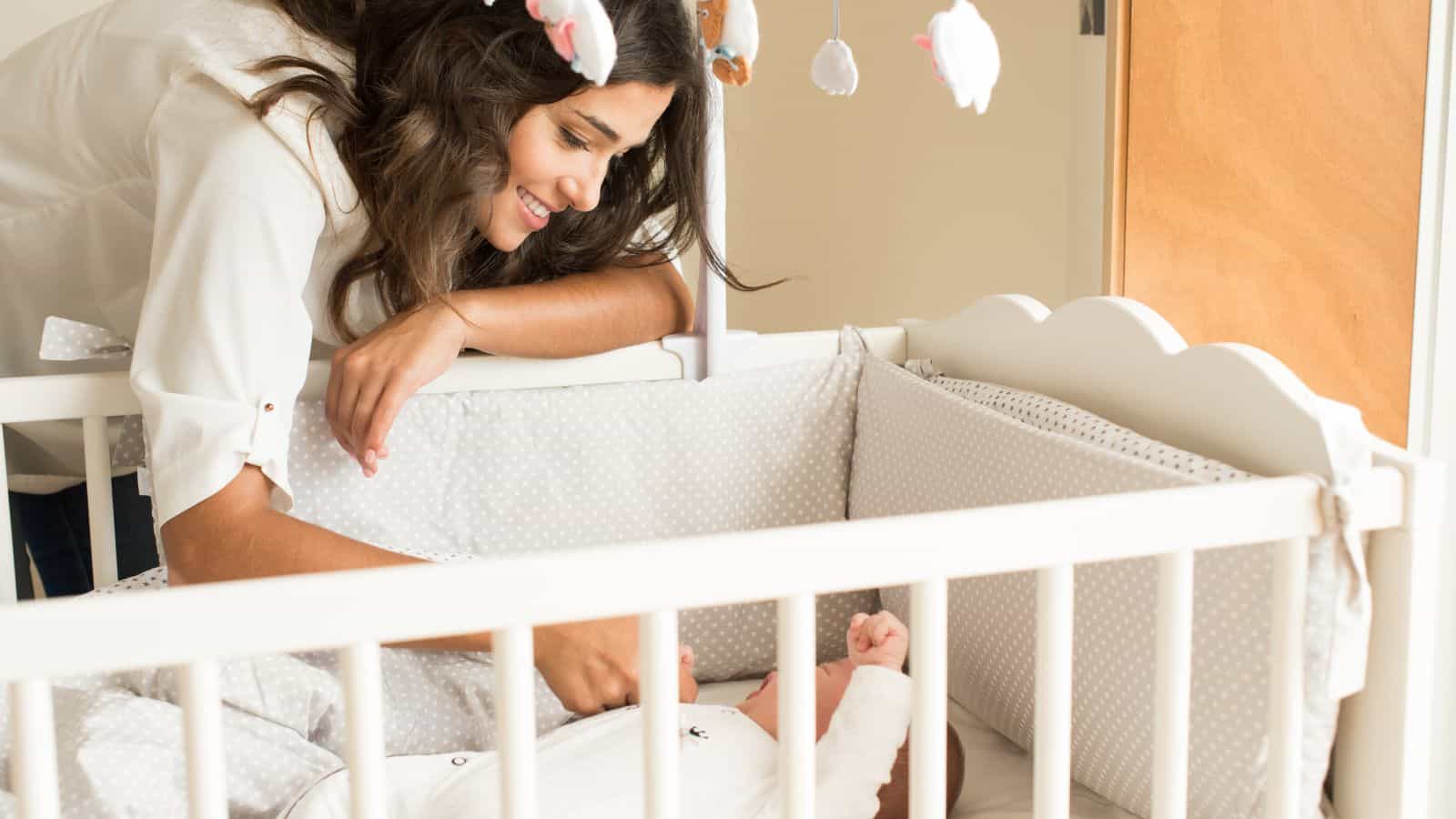
Mums and dads used to place their babies on their stomachs to sleep, believing it was safer, yet this practice has been linked to an increased risk of sudden infant death syndrome (SIDS). Modern guidelines recommend placing babies on their backs to sleep to reduce the risk of SIDS.
Sending Kids to Play with Asbestos
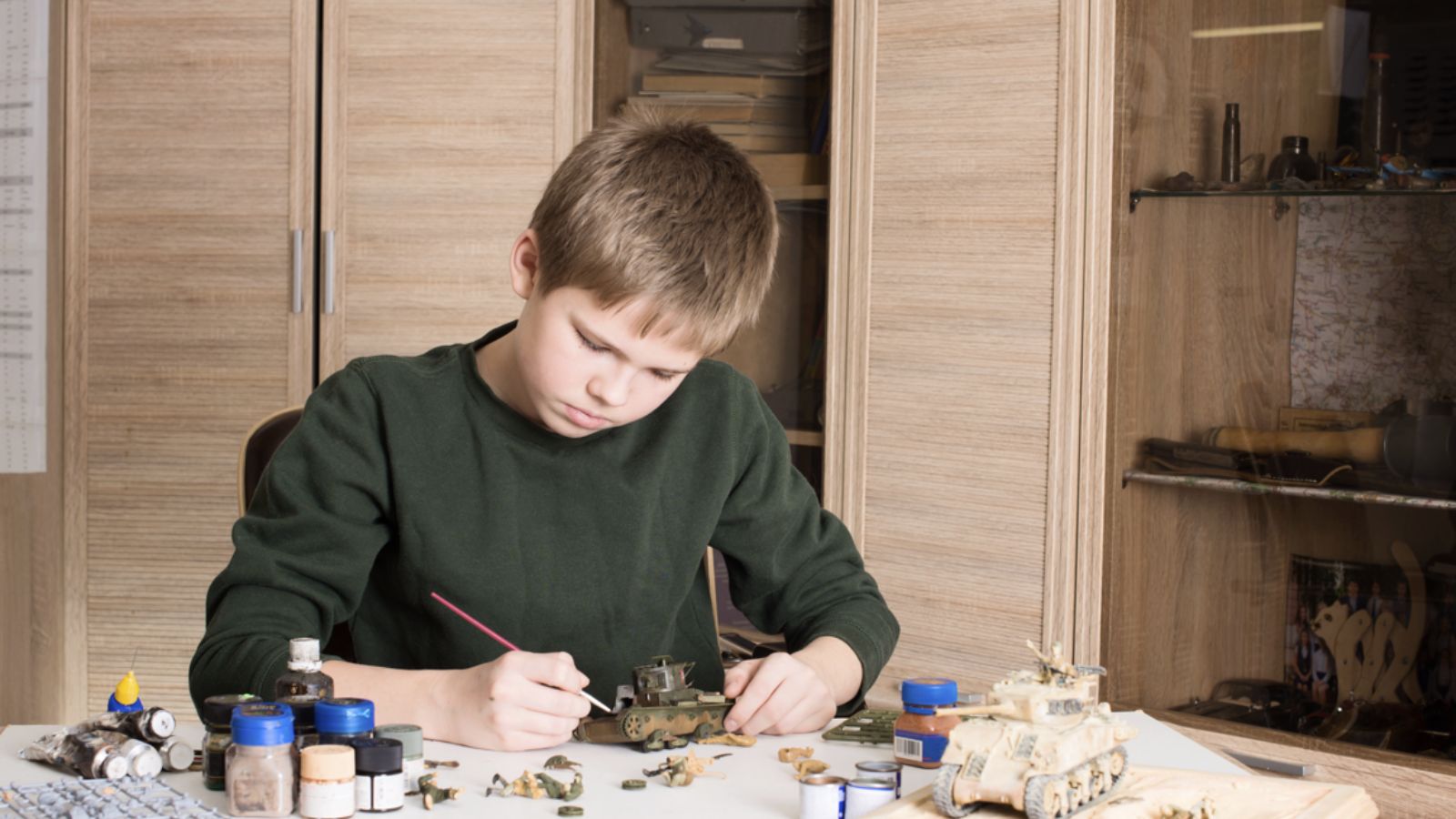
Asbestos was commonly used in building materials and even in some children’s toys, and parents were unaware of its dangers, with kids often being exposed to asbestos fibres. It’s now known that asbestos exposure can cause serious health issues, including cancer, and it is strictly regulated.
Ignoring Sun Protection
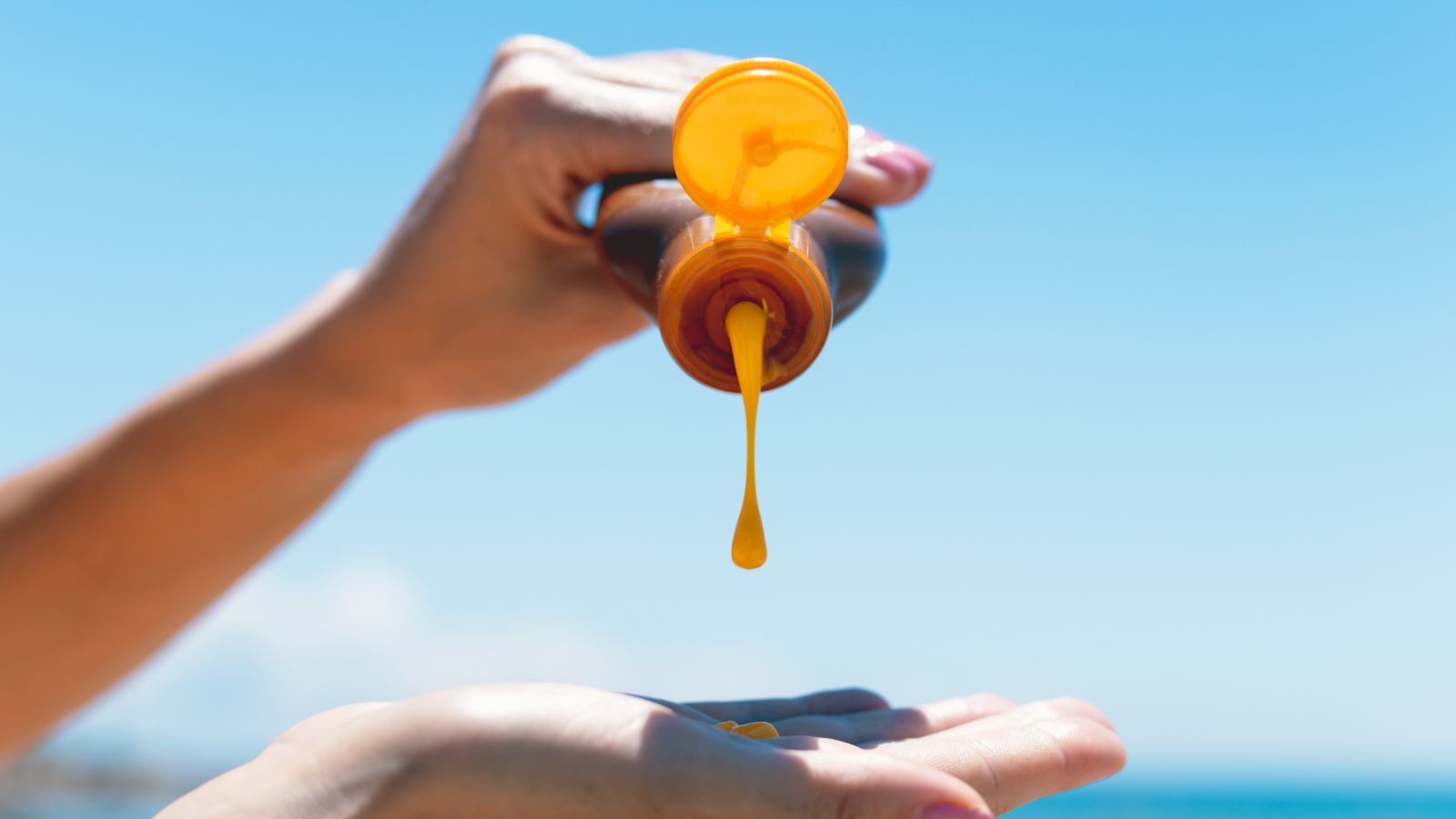
Sun protection wasn’t a major concern in the ’50s and ’60s, and people rarely used sunscreen on their children, not to mention hats and protective clothing were not emphasised. Nowadays, we understand the importance of protecting children from harmful UV rays to prevent skin cancer and other sun-related health issues.

